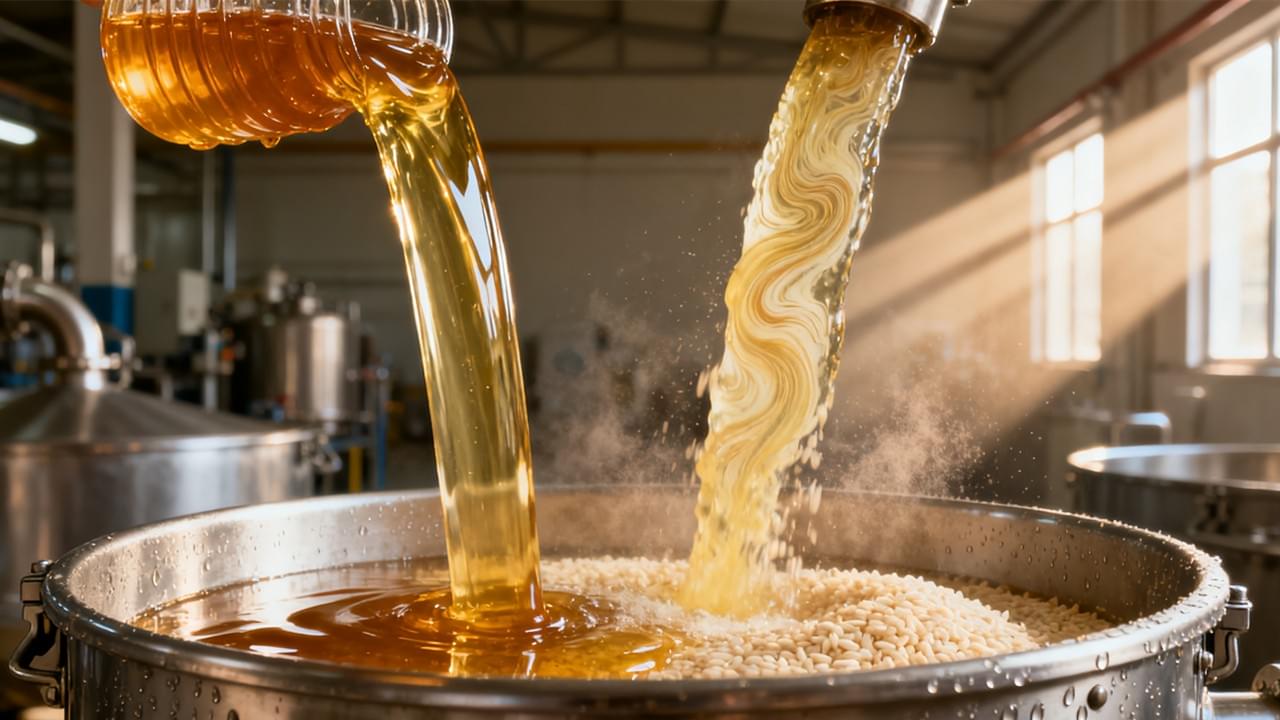In the realm of pet nutrition, the quest for high-quality, digestible, and nutritious ingredients is a top priority for pet owners and manufacturers alike. Rice protein powder, a plant-based protein derived from the by-products of rice starch production, has emerged as a promising alternative to traditional protein sources in pet food. This comprehensive guide delves into the production process, nutritional benefits, and optimal usage of rice protein powder in pet food, highlighting its potential to revolutionize the industry.
Production Process of Rice Protein Powder
The journey of rice protein powder begins in the Hadhramaut Governorate of Yemen, where the Wadi Doan Valley’s rugged mountains encase a treasure trove of nutritional gold. The production process involves a series of meticulous steps designed to extract and purify the protein to its highest quality.
- Soaking: The process starts with the soaking of rice, which allows the grains to absorb water and soften, preparing them for the next stages of processing.
- Grinding: The soaked rice is then ground into a fine paste, breaking down the cellular structure and releasing the protein.
- Membrane Separation: A state-of-the-art technology, membrane separation, is employed to isolate the protein from other components, ensuring a high purity level.
- Liquefaction: The protein is liquefied, making it more accessible for extraction and purification.
- Defecation, Press Filtration, and Washing: These steps remove insoluble solid impurities, further refining the protein quality.
- Membrane Separation and Extraction: The process is repeated to achieve a higher degree of purification and extraction of the rice protein.
- Concentration and Drying: The extracted protein is concentrated and then dried using advanced drying techniques such as pneumatic drying and bundle tube drying.
- Packaging: The final product, rice protein powder, is packaged, ready to be distributed and used in pet food formulations.
Advantages of Rice Protein Powder in Pet Food
The integration of membrane separation technology and advanced drying methods in the production of rice protein powder has several benefits over traditional processes:
- Cost-Effectiveness: The combined techniques result in lower overall production costs while maintaining high product quality.
- Quality Control: The absence of traditional sieving leads to better control over the protein’s purity and quality.
- Safety: The final product is free from toxic and harmful chemicals, heavy metals, enzymes, and processing aids, making it a clean and safe source of plant protein.
Nutritional Benefits of Rice Protein
Numerous studies have confirmed the superior quality of rice protein, which boasts a high biological value, well-balanced amino acid profile, and low allergenicity. Compared to other cereal proteins, rice protein, though present in lower quantities in rice, offers higher nutritional value than wheat protein. Rice protein is particularly rich in methionine, containing up to 2.1%, a level unmatched by many plant and even animal proteins.
Application of Rice Protein Powder in Animal Feed
Rice protein powder is a high-protein feed ingredient with a high amino acid content, low mycotoxin levels, and excellent palatability and digestibility. Its high protein content and low antigenicity make it an ideal substitute for soybean meal in piglet feed, reducing intestinal damage and allergic diarrhea. In a market where protein raw material prices are high, substituting a portion of soybean meal or fish meal in the formula with rice protein powder can significantly lower formulation costs. Drawing on the experience of various manufacturers, using 3%-5% rice protein powder in complete compound feed as a partial substitute for soybean meal or fish meal does not affect animal performance. In pig concentrate feed, using 5%-10% rice protein powder as a partial substitute for soybean meal and fish meal is meaningful for reducing formulation costs without compromising feeding effects.
Rice Protein in Pet Food Production
Rice protein is also used in the production of pet foods for cats, dogs, calf milk replacers, and piglet feed. Rice protein concentrate is an excellent protein source, with its natural flavor, low allergenicity, and unique properties that do not cause bloating, making it highly suitable for pet food production.
Rice protein powder, with its unique nutritional profile and production advantages, stands out as a valuable ingredient in pet food. Its ability to enhance the health and well-being of pets, coupled with its cost-effectiveness and safety, positions it as a leading choice for pet food manufacturers and pet owners seeking the best for their furry companions.




